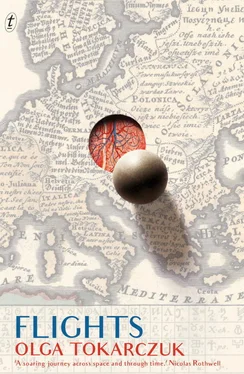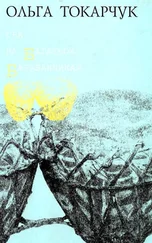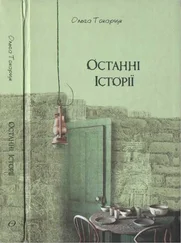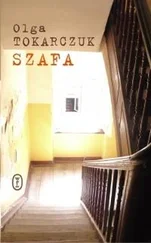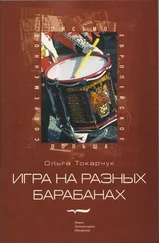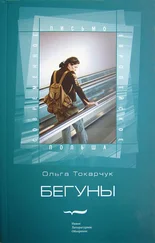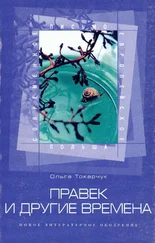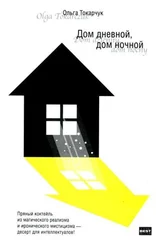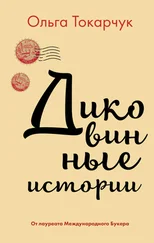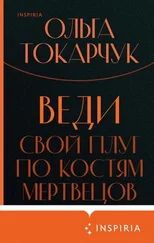‘Ten,’ the taxi driver says.
She pays him.
In that local airport, she shows her ticket at the counter and takes her luggage up to customs. She’s left with just her backpack, and she heads straight for her plane; sleepy people are already being loaded onto it, with children, with dogs, with plastic bags brimming over with provisions.
As the little plane that will transport her to the main airport becomes aloft she sees a view so beautiful that for a moment she is overwhelmed by a kind of elation. ‘Elation’, a funny, lofty word, originally meaning ‘to be raised up’, and now here she is literally being lifted up into the clouds. These islands, the sandy beaches are as much a part of her as her own hands and feet; the sea that winds up into foaming coils at the shores, scraps of ships and boats, the gentle, undulating shoreline, the green insides of the islands all belong to her. Godzone, that’s what the island’s inhabitants call it. It’s where God came to settle down, bringing with him all the beauty in the world. Now he gives that beauty out, for free, to everybody on the island, requesting nothing in return.
At the big airport she goes to the toilet to wash her face. She watches the edgy little line to use the free computer for a while. Travellers pause here for a moment to let people near and far know they are here. It occurred to her that even she might go up to one of those screens, type in the name of her server, and then her address, and check who might have written to her, too – but she knows what she will find: nothing of note. Something about the project she’s working on now, jokes from a friend in Australia, perhaps a rare email from one of her kids. The sender of the messages that had given rise to this expedition had been silent for some time.
She’s surprised by all the safety rites; she hasn’t flown for quite a while. They scan both her and her backpack. They confiscate her nail clippers, and she laments the loss, because she’d liked them, and had been using them for years. The airport officials attempt to evaluate, with their expert gaze, who among the passengers might be armed with an explosive, gazing particularly at those with darker skin and at the girls wearing headscarves, who are chipper and twittering. It would seem that the world where she is heading, standing right on the border of it now, just behind the yellow line, is governed by a different set of rules, and that its grim and angry rumbles reach all the way here.
After passport control she makes incidental purchases at the duty-free shop. She finds her gate – nine – and sits down facing it and tries to read.
The plane takes off painlessly, on time; so once more the miracle has happened, of a machine as big as a building slipping gracefully out of Earth’s grasp, soaring gently up and up.
After the plastic airplane food everyone begins to get ready for bed. Just a few with headphones over their ears are watching a movie about the fantastic voyage of several brave scientists reduced in some sort of ‘accelerator’ to the size of bacteria, now headed into a patient’s body. She watches the screen without headphones, loves the spectacular photography – settings that resemble the bottom of the ocean, the crimson corridors of blood vessels, the pulse of constricting arteries, and inside these the bellicose lymphocytes like visitors from outer space, and the gentle, concave blood cells, innocent little sheep. A flight attendant passes discreetly down the aisle with water, a single slice of lemon for the whole jug. She drinks a cup.
When it rained it flooded the park paths, washing them out and collecting the fine light sand; you could write on them with the end of a stick – these undulating bands cried out for inscription. You could draw squares on them for hopscotch and princesses in hoop skirts with tiny waists, and then a few years later riddles and confessions and the romantic algebra of all those M + B = GL, which meant that a Marek or a Maciek loved a Basia or a Bożena, while GL stood for ‘Great Love’. This always happens when she flies: she gets a bird’s eye view of her whole life, of particular moments that you’d think on the ground had been completely forgotten. The banal mechanism of the flashback, mechanical reminiscence.
When she first got the email, she couldn’t figure out who it could be from, who was hiding behind that name and how come they addressed her so informally. This amnesia lasted several seconds – she ought to be ashamed. On the surface, as she later realized, it was just a Christmas greeting. It arrived in the middle of December, as the season’s first heat waves were just rolling in. But it clearly went beyond the ordinary phrases people say at the holidays. It struck her as a kind of crying out on the other side of a speaking tube, far-off, muffled, indistinct. She didn’t understand all of it, and some sentences unsettled her, like the one about how ‘life seems like a disgusting habit we lost control over a long time ago’. ‘Did you ever give up smoking?’ he’d added. Yes, she’d given it up. And it had been hard.
For a good couple of days she mulled over that strange letter from a person she’d known more than thirty years ago, and whom she hadn’t seen once since then, whom she had completely forgotten by now, but whom she had, after all, once loved, for two intense years in her youth. She responded politely, in a totally different tone, and from that point forward she got letters back from him on a daily basis.
These emails took away her peace of mind. They evidently awoke that dormant section of her brain where those years had been stored, parcelled up into images, scraps of dialogues, shreds of smells. Now, on a daily basis, when she drove to work, as soon as she turned on the engine these tapes came on, too, these recordings filmed with whatever camera had been at hand, with faded colours or even black and white, generic scenes, moments, with no logic to them, scattered, out of order, and she had no idea what to do with them. That for instance they walk outside the city limits – the limits of the little town, more like – into the hills, to where the high voltage line runs, and from then on their words are accompanied ceaselessly by a buzzing, like a chord to underscore the significance of this walk, a low monotone, a tension that neither increases nor decreases. They hold hands; this is the era of first kisses, which couldn’t possibly be called anything other than strange.
Their secondary school was a chilly old building where on two floors classrooms multiplied inside the broad hallways. They all looked more or less the same – three rows of benches, and opposite these, the teacher’s desk. Boards covered in dark green rubber that could be moved up and down. One of the kids would be put in charge of moistening the sponge before each class. On the walls hung black and white portraits of men – it was only in the physics department that you could find the single female face in the whole school, Madame Maria Skłodowska-Curie’s, the sole indication of the equality of the sexes. These rows of faces hanging over the students’ heads were no doubt supposed to remind them that by some miracle the school remained within that great family of knowledge and learning, that in spite of its provincialism it was heir to the finest tradition, and it belonged to a world in which everything could be described, explained, proved, demonstrated by examples.
In her first year there she began to be interested in biology. She’d found an article – maybe her dad had given it to her – on mitochondria. It said that most likely in the remotest past, in the primeval ocean, mitochondria were creatures in their own right before they were intercepted by other single-cell organisms and forced, for the remainder of history, into labouring on behalf of their hosts. Evolution had sanctioned this slavery – and that was how we’d turned out the way we had. That was how it had been described, in those terms: ‘seized’, ‘forced’, ‘slavery’. In truth, she had never been able to come to terms with this. With the hypothesis that in the beginning there’d been violence.
Читать дальше
